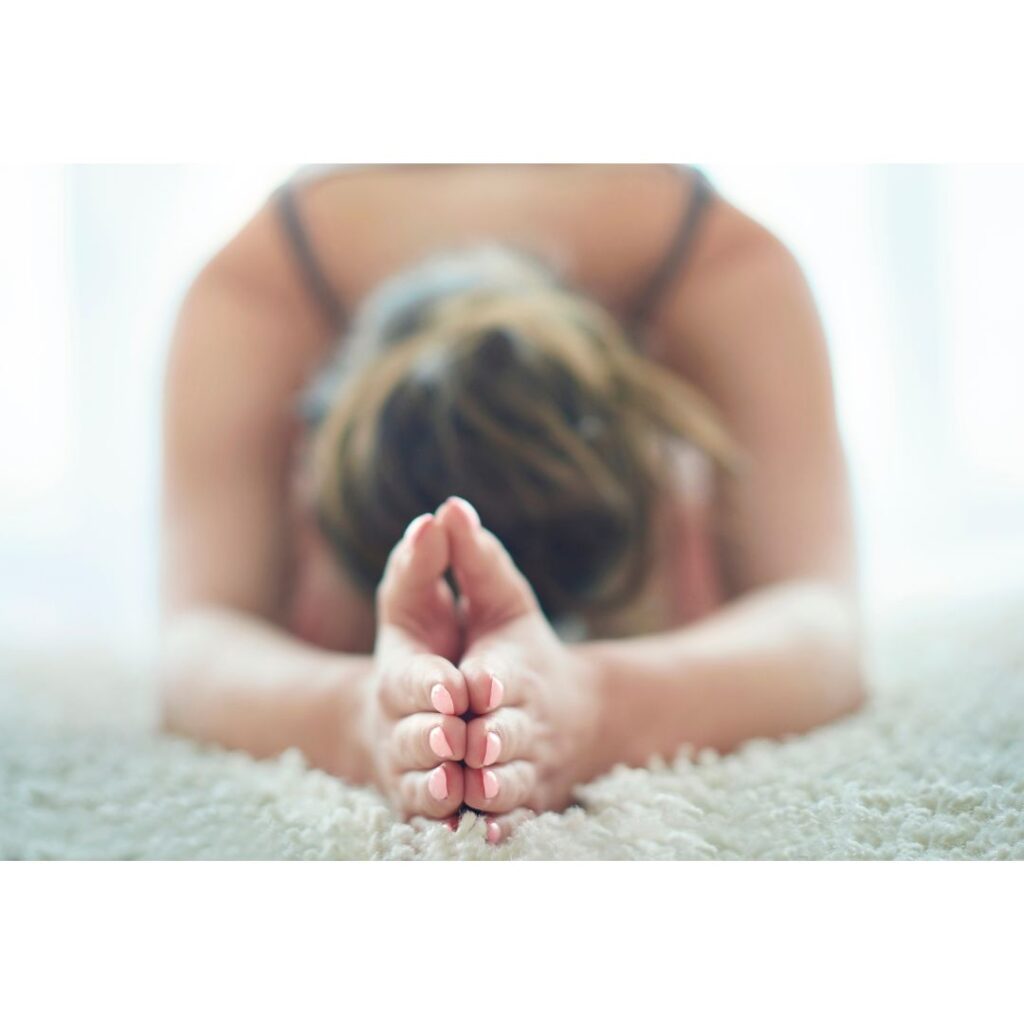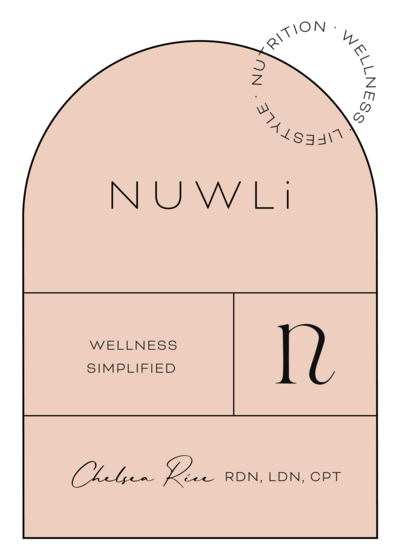By Amalia Downey, nutrition intern
In the fast-paced world we live in today, it’s easy to get caught up in the whirlwind of responsibilities, commitments, and the constant demands of everyday living. Amidst the chaos, It’s easy to forget one essential thing: self-care. Self care is not a luxury but rather a necessary essential of everyday living and overall well being. In this blog, we’ll dive into the significance of self-care as well as a few practices to incorporate into your daily routine!
Why Self Care is Important
Self care encompasses any activity that we deliberately do in order to take care of our mental, emotional, and physical health. It’s about recognizing our own needs and taking steps to meet them. Here’s why self-care is so vital:
- Increases productivity – Caring for yourself enables you to recharge and rejuvenate, resulting in increased productivity, better focus, and improved multi-tasking skills. By prioritizing your well-being, you will have more energy and mental sharpness to address your daily tasks.
- Reduces anxiety and depression – Engaging in a self-care routine has been clinically proven to reduce or eliminate anxiety and depression, reduce stress, improve concentration, minimize frustration and anger, increase happiness, improve energy and more.
- Improves physical health – Self-care in the form of physical activity has been proven to reduce heart disease, stroke, and cancer. Furthermore, it can boost your energy levels and strengthen your immune system.
- Prevents Burnout – Regular self-care can help prevent burnout, which is a state of physical, mental, and emotional exhaustion caused by prolonged stress. Proactive steps to care for yourself can replenish your energy and prevent the probability of burnout.
- Increased self-esteem and self-worth – Self-care can boost your self-esteem and self-worth by showing yourself that you deserve care and attention!


Simple Self Care Practices to Incorporate Into Your Daily Routine
Implementing self-care doesn’t have to be complicated or time-consuming. Here are some simple yet effective practices you can incorporate into your daily routine:
- Journaling – Taking a couple minutes to record how you feel, anything you’re worried about, or devoting a couple days to gratitude focused entries can be very therapeutic. It doesn’t have to be perfect, and can take as much or as little time as you please. Starting off the morning or ending your day with a quick journaling session is a great form of self care that doesn’t take a lot of time out of your day.
- Engage in Hobbies that make you happy – Make a list of things that make you happy and go do them! Finding hobbies you enjoy will inspire you to use your free time in different ways and will allow you to appreciate the things you love.
- Start by trying to engage in one activity a day that makes you happy. This could include listening to your favorite music, finally starting that book that’s been on your nightstand, or even trying out a new recipe that you saw online! The great thing about hobbies is that there are so many to choose from, so everyone is guaranteed to find something they enjoy!
- Personally, a few hobbies I take part in include a daily walk, nighttime reading, and social time with friends! As a pretty extroverted person, I need to engage in social activities everyday in order to keep myself happy and healthy! Luckily, I live with 7 amazing roommates who I get to see everyday, but don’t fret if you’re not in the same boat! Try to carve out time to phone that friend you’ve been thinking about – it will surely fill you both with love and happiness!!
- Quality Sleep – Sleep affects cognitive performance, fatigue, mood, and focus. Getting adequate sleep will allow you to get through the day with energy and productivity. The American Academy of Sleep Medicine and the Sleep Research Society recommends that adults aim to get 7-9 hours of sleep per night.
- Implementing a morning/night time routine tailored to you will only add to your quality of sleep. For some people this could be reading a book at night instead of scrolling on their phone. For others, it could be using a sunrise alarm clock, which combines a digital alarm with an artificial light source designed to mimic natural dawn or morning light.
- My night time routine consists of a nightly shower, getting into my favorite pajamas, and winding down with a good book (although I won’t lie, sometimes I swap the book for a movie or TV show). Try out different routines and figure out what works best for you!
- Exercise – A little morning movement can do amazing things for your wellbeing all day long. Simply a 15 minute stretch, walk, or exercise video like yoga will do the trick to start your day off on the right foot.
- The CDC recommends 150 minutes of moderate-intensive physical activity each week, and 2 days of muscle strengthening activity. Although this may seem like a lot, you don’t have to do it all at once; simply 30 minutes a day, 5 days a week will get you to that 150 minute goal!
- Examples of moderate-intensity activity include fast walks, water aerobics, riding a bike, playing tennis, or even pushing a lawn mower. As for strength training, activities include lifting weights, working with resistance bands, heavy gardening, and some forms of yoga.
- Listen to a podcast – There are a plethora of podcasts all over the internet nowadays, so everyone is guaranteed to find something they like! Start your morning off with a morning meditation podcast or listen to one that peaks your interest in the car on your way to work. If you’re into all things wellness, be sure to check out Wellness Why, hosted by Chelsea Rice and Sophie Rambaud.
- Practice mindful eating- Mindful eating and self care are deeply interconnected practices that promote holistic well-being by fostering a healthier relationship with food, our bodies, and our minds. Examples of mindful eating includes:
- Being aware and present when you are eating.
- Listening and respecting your body’s natural hunger cues.
- Not feeling guilt or judgment towards yourself or others regarding their food choices.
- Balancing how you eat, instead of only focusing on what you eat.
If you or a loved one struggles with any of the above, please reach out and connect with Chelsea HERE.
In a world that often glorifies busyness and productivity, it’s easy to neglect our own well-being in favor of external demands. However, prioritizing self-care is essential for maintaining balance, health, and happiness in our lives. By incorporating simple self-care practices into our daily routine, we can nurture our physical, mental, and emotional well-being, leading to a more fulfilling and balanced life. Remember, self-care isn’t selfish. It’s a vital investment in yourself that pays dividends in every aspect of your life.


Love this information but looking for individualized wellness support?
Let’s connect and personalize it together! Get started HERE.



